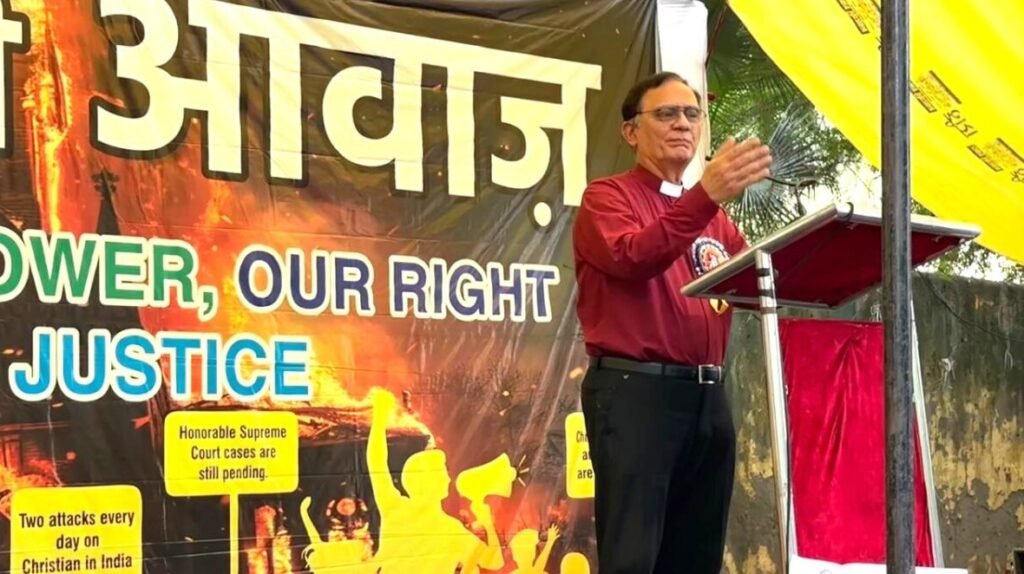The Uttarakhand state government has passed a highly contentious amendment to its Freedom of Religion Act, introducing severe penalties for “forced conversions”. The Freedom of Religion (Amendment) Bill, 2025, which was approved by the state assembly, prescribes punishment ranging from five to 14 years of imprisonment and hefty fines for conversions involving vulnerable populations, including minors, women, and marginalized communities.
The new law also criminalizes “propaganda on social or digital media” aimed at promoting or inciting religious conversion, sparking concerns about the erosion of freedom of speech and online expression. According to the amendment, individuals found guilty of using digital media to facilitate conversions could face stringent penalties, including life imprisonment.
The bill’s passage has been met with widespread criticism from religious and human rights groups, who argue that the law is designed to target minority communities and restrict their right to freedom of religion. The Evangelical Fellowship of India has expressed concerns that the law’s provisions could turn ordinary conversations about faith into criminal acts, threatening citizens’ fundamental rights to religious expression.
The Uttarakhand government’s move is seen as part of a broader trend of increasing restrictions on religious freedom in India. Christian support organization Open Doors ranks India 11th on its 2025 World Watch List, citing growing persecution of Christians and other minority communities since Prime Minister Narendra Modi came to power.
The new law reserves its harshest penalties for conversions involving force, threat, inducement, trafficking, or promise of marriage, which could attract punishment ranging from 20 years to life imprisonment and a fine of at least ₹1 million. Mass conversions and conversions with foreign funding will also attract severe penalties, including imprisonment and hefty fines.
The passage of the bill has sparked fears about the potential misuse of the law and its impact on interfaith dialogue and religious freedom in the state. As the law comes into effect, concerns about the erosion of fundamental rights and the targeting of minority communities are likely to persist.

